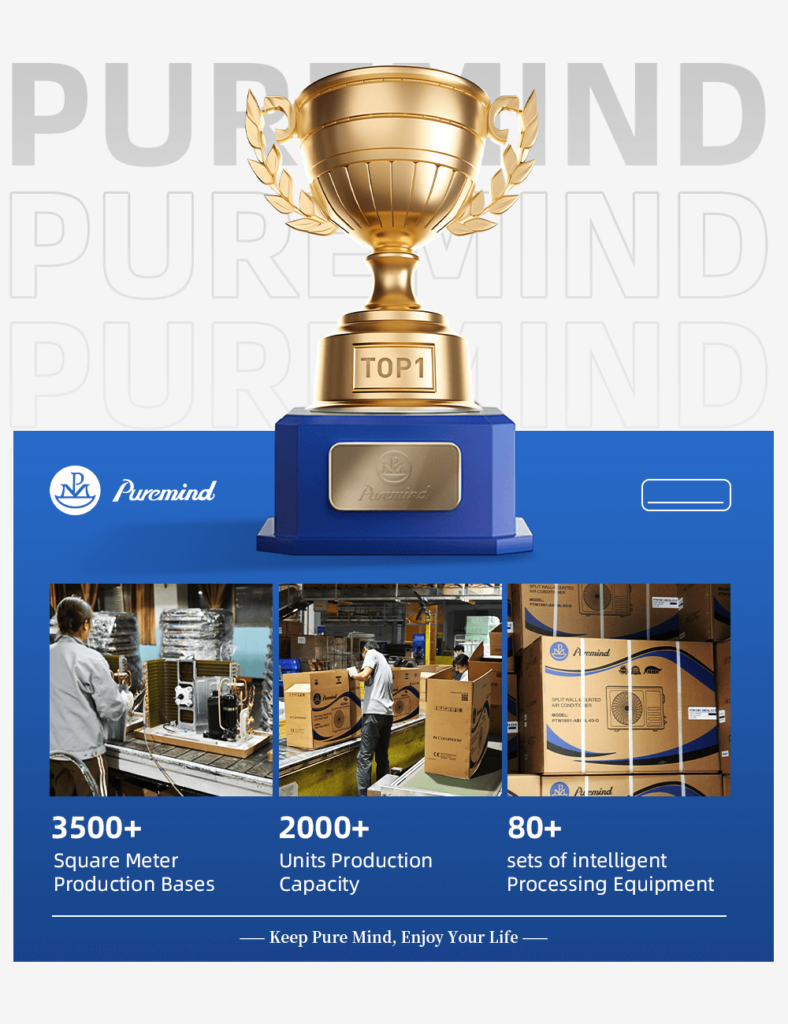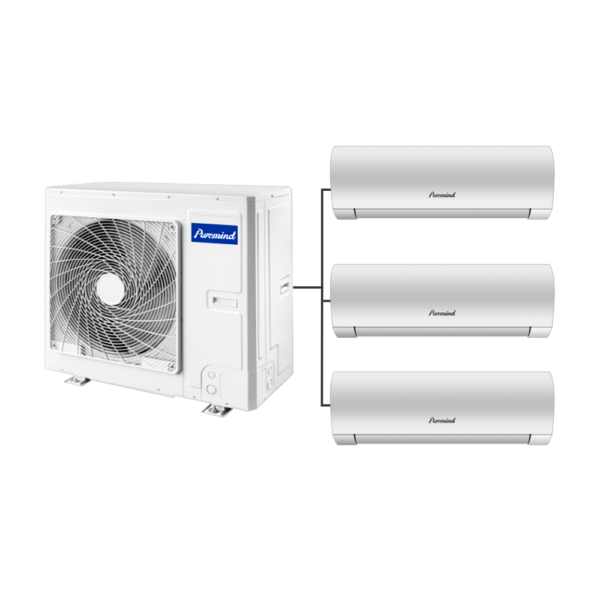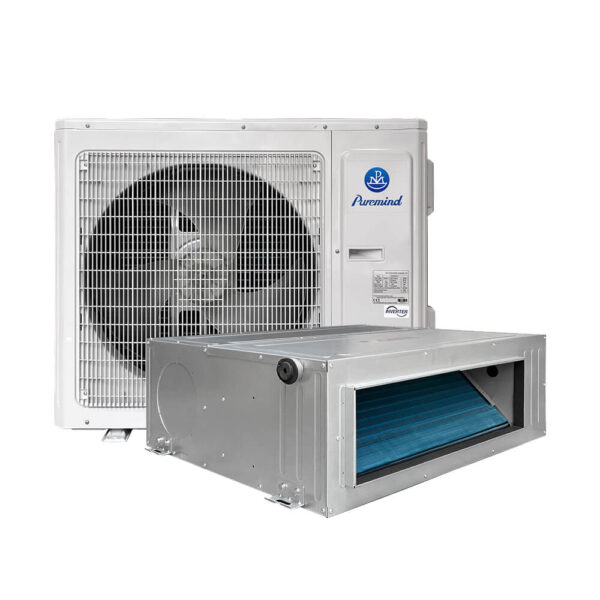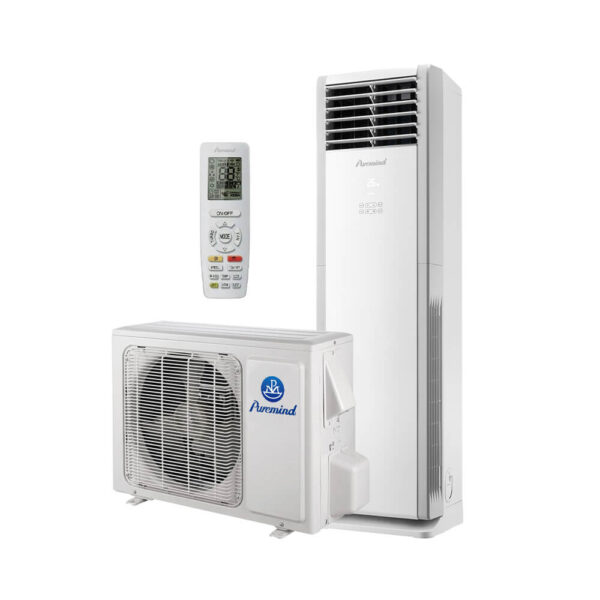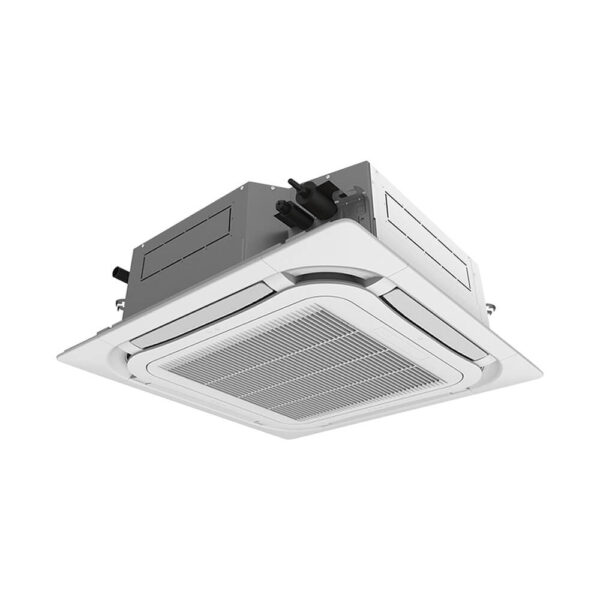Solar HVAC Supply: Harnessing Renewable Energy for Efficient Climate Control
With increasing demand for sustainable and energy-efficient solutions, the integration of solar technology into HVAC supply systems has become a transformative trend in the HVAC industry. For wholesalers, suppliers, and distributors, understanding solar HVAC supply systems is crucial to meet market needs and promote eco-friendly climate control solutions.
What is Solar HVAC Supply?
Solar HVAC supply refers to HVAC systems powered partially or entirely by solar energy, typically harnessed through photovoltaic (PV) panels or solar thermal collectors. These systems reduce reliance on traditional electricity sources, lower operational costs, and minimize environmental impact.
How Solar HVAC Systems Work
Solar HVAC systems capture solar energy and convert it into usable power to drive heating, cooling, and ventilation components. There are two main types:
- Photovoltaic (PV) Systems: Solar panels convert sunlight directly into electricity, which powers the HVAC units.
- Solar Thermal Systems: Collectors capture heat energy used to assist in heating or cooling processes.
Both types can be integrated with conventional HVAC supply and return ducts, creating hybrid systems that maximize energy efficiency.
Benefits of Solar HVAC Supply
- Energy Savings: Reduced electricity consumption leads to lower utility bills.
- Environmental Impact: Decreased carbon footprint promotes sustainability.
- Increased Property Value: Buildings equipped with solar HVAC systems often have higher market appeal.
- Government Incentives: Many regions offer tax credits and rebates for solar installations.
Key Components in Solar HVAC Supply Systems
- Solar Panels or Collectors: Capture solar energy for conversion.
- Inverters: Convert DC electricity from solar panels to AC power usable by HVAC units.
- Energy Storage: Batteries or thermal storage for off-peak use.
- HVAC Units: Designed or adapted to operate efficiently with solar power.
Challenges in Implementing Solar HVAC Supply
While solar HVAC systems offer many advantages, wholesalers and suppliers should be aware of common challenges:
- Initial Investment: Higher upfront costs compared to conventional systems.
- Space Requirements: Adequate area for solar panel installation is necessary.
- System Complexity: Integration with existing HVAC infrastructure can require specialized expertise.
- Weather Dependence: Performance varies with solar availability.
Market Trends and Innovations
Emerging technologies such as smart solar controllers, enhanced energy storage solutions, and improved PV panel efficiency are driving the adoption of solar HVAC supply systems worldwide.
Wholesalers and distributors should stay informed to provide cutting-edge products that meet evolving customer expectations.
How to Choose Solar HVAC Supply Products
When selecting solar HVAC solutions, consider factors such as compatibility with existing HVAC systems, scalability, warranty terms, and supplier reliability.
Explore our comprehensive selection of split air conditioners designed to work efficiently within solar-powered HVAC systems.
Conclusion
Solar HVAC supply represents a promising avenue toward greener, more cost-effective climate control. For wholesalers, suppliers, and distributors, embracing this technology not only supports environmental goals but also positions their business at the forefront of industry innovation.
